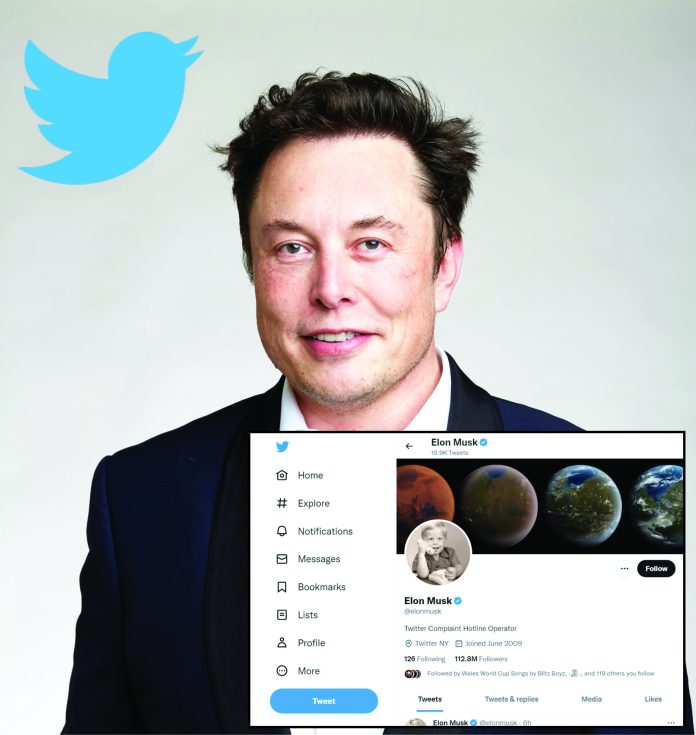Rob Pettefar, Software engineer and Swindon Socialist Party member
Amazon has announced 10,000 job losses, mostly among the devices, retail and human resources divisions. This comes hot on the heels of Facebook’s parent company Meta announcing 11,000 losses, and the 3,500 and counting that were made redundant after Elon Musk took over Twitter.
Since the summer, there have been thousands of job losses in other high-tech firms including Microsoft, Apple, Snapchat and Salesforce. This does not count the yet-to-be-announced cuts at global chip maker Intel, which could see up to 20% of its global workforce of 113,700 let go by the end of the year.
Meta’s Mark Zuckerberg disastrously banked on the idea that online activity would grow at the same rate, and even accelerate, after the pandemic. The stock price has plummeted. But even still, Zuckerberg persists in sinking $10 billion a quarter into the Metaverse project.
Twitter saw an unprecedented slump in up-front ad revenue purchases amid the uncertainty over the purchase by Elon Musk, whose purchase price of $44 billion – already over-inflated at the time – has seen the investment slide further in value as ad revenue dries up, and Musk uses slash-and-burn tactics to wrest some level of financial control over the company.
Jeff Bezos has cynically made a high-profile declaration of his generosity by saying he would give away most his $124 billion wealth on the same day the 10,000 jobs would be cut from the company. A company that has remained profitable through this time, and grew its stock value over 60% during the course of the pandemic, from $882 billion in 2019 to a peak of $1.88 trillion in 2020. All the while, conditions at warehouses have deteriorated, and Amazon has fought hard against unionisation.
The fairytale of Silicon Valley, with its bohemian vibes and independent-minded visionaries charting a bold new future, shares much with the tale of bold industrialists of the past. And like those tales, under the propaganda and bluster is a story of exploited labour and the concentration of wealth into the hands of fewer and fewer people. Trade union struggle historically fought and won significant concessions from the bosses. Now it is time for tech workers to get organised.
In Britain, we have seen a nascent tech unionisation effort in the form of the CWU’s United Tech and Allied Workers (UTAW) and Prospect’s Tech Workers’ Network, as well as a number of smaller organisations like IWGB’s Game Workers’ Unite.
For a long time, ‘learning to code’ was seen as the key to continuous gainful employment in the new, high-tech economy. Trade union membership in the industry has typically been low. Indeed, most saw the constant high demand for their skills as adequate protection of their pay at least.
Long hours and high stress are seen as ‘par for the course’ in some high-profile organisations. It is especially prevalent in the video games industry where the ‘crunch’ has become a normalised aspect of the production cycle.
But there has been some level of resistance, Elon Musk’s Twitter ultimatum for workers to “get hardcore” has been rejected by large numbers – although at this stage largely through resignation rather than collective action.
A number of other issues have prompted workers to make a stand, such as Google workers protesting against the firm’s work with the military, and Twitter workers campaigning for Donald Trump to be banned after the Capitol Hill riots. The firing of AI ethics researcher Timnit Gebru at Google after exposing biases in facial recognition software prompted thousands of employees to protest, but ultimately led to nothing.
Getting organised in the trade unions is crucial to improve pay and conditions, and to curb the excesses of the tech company bosses. A well-organised workforce can act as a powerful counterweight to the machinations of often meglomaniacal chief executives. But real control of the industry and of technology means public ownership of the tech-giants, to be run under the democratic control and management of the working class.







